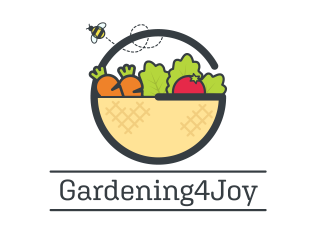What is the difference between conventional vs organic farming? The difference lies in the methods used to produce the crops.
Conventional farming relies heavily on the use of chemicals to manage weeds and pests with limited care of the soil. In addition, conventional farming can use genetically modified seeds (GMO’s) for certain crops. GMO’s are living organisms whose genetic material was modified in a laboratory. Chemicals are designed into some GMO seeds to make the seed resistant to chemical treatments. For example, if a weed chemical is sprayed on or near a weed resistant GMO crop, the GMO crop is unaffected because it is resistant to the chemical.
Organic farming uses natural methods (crop rotation, composting), focuses on sustainability (building the quality of the soil) and avoids the use of harmful synthetic chemicals. Therefore, organic farming practices help the environment by focusing on water and soil conservation.
The above is a simple definition that I hope helps you understand the basic difference between conventional vs organic farming. For me it is clear, I would rather have organic products produced without the introduction of synthetic chemicals. The health of our planet is better preserved by organic farming practices.
Additional Information
Here is some additional information on organic farming/gardening:






 Please check your email to confirm subscription.
Please check your email to confirm subscription.